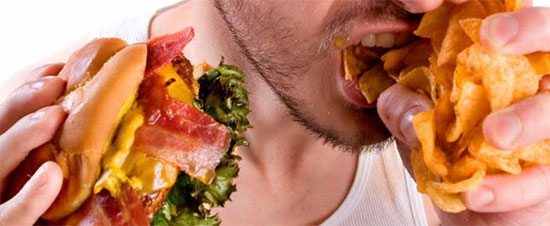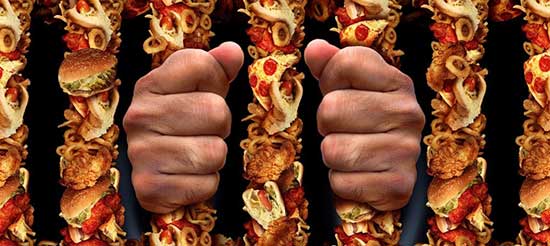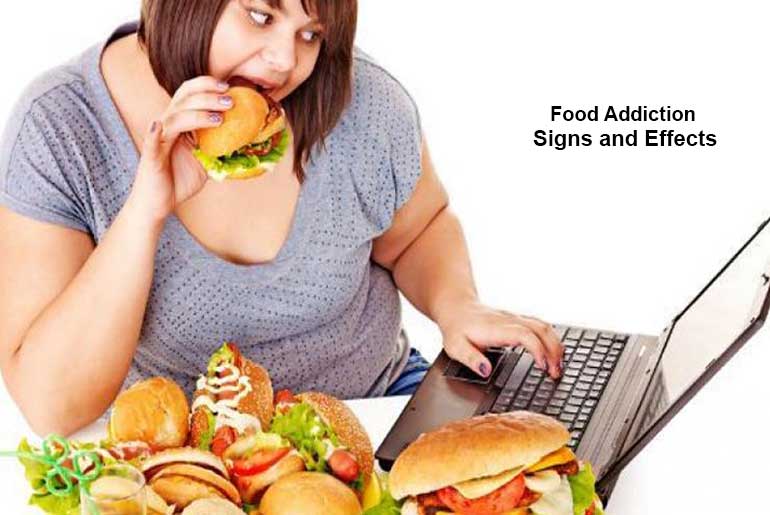Eating disorders and food addiction have emerged so much in the past decades. Food addiction has many side effects on your health. Let’s get to know more about food addiction.
What do you mean by food addiction?
Food addiction or eating addiction is a behavioral addiction characterized by the massive consumption of palatable such as high fat, high salt, and high sugar foods.
Like addictive drugs, highly palatable foods trigger the brain to feel-good chemicals such as dopamine. Once people undergo pleasure linked with raised dopamine transmission in the brain’s reward pathway from eating particular foods, they instantly feel the necessity to eat repeatedly. 
The effect of food addiction on your health goals and fitness
Experts believe that food addiction may play a vital role in obesity. But normal-weight people may also cope with food addiction. Their bodies may be genetically estimated to handle better the extra calories they take in. Or they may raise their physical exercise to compensate for overeating.
People addicted to food will resume eating despite adverse outcomes, including weight gain or damaged relationships. People addicted to eating will have difficulty stopping their behavior, even if they want to or have attempted many times to cut back.
Signs of Food Addiction
Researchers have developed several signs of food addiction. Here are some consequences you might experience while having a food addiction.
- You may end up eating more than intended when you start eating specific foods
- You might keep eating specific foods even if you’re no longer hungry
- You may eat to the time of feeling unwell

- You may worry about not eating particular types of foods or worry about trimming down on certain types of foods
- When specific foods aren’t available, you go out of your way to reach them
- You eat specific foods so often or in such huge amounts that you start eating food alternatively of working, spending time with the family, or doing entertainment activities.
- You avoid professional or social situations where particular foods are possible because of the concern of overeating.

- You have problems operating effectively at your job or school because of food and eating.
- Eating food can causes problems such as depression, self-loathing, anxiety, or guilt.
- You require to eat more and more food to lessen negative emotions or increase pleasure.
- Eating the same amount of food doesn’t decrease negative emotions or increase satisfaction the way it used to.
However, food addiction has increased amid the pandemic COVID-19 induced lockdown, as people were binge-watching series on Netflix and were overeating. People intended to sit and eat alot, and this leads to binge-eating.
Disclaimer:
The information contained in this article is for educational and informational purposes only and is not intended as a health advice. We would ask you to consult a qualified professional or medical expert to gain additional knowledge before you choose to consume any product or perform any exercise.






